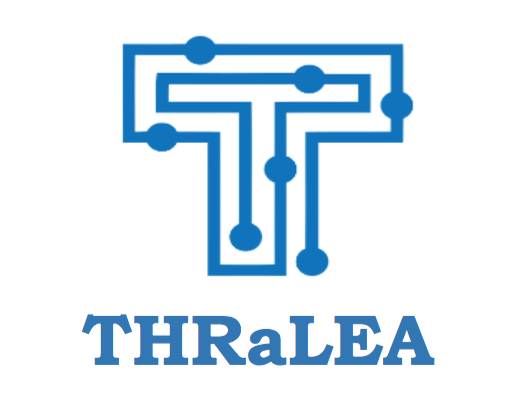Alcohol Awareness
Alcohol awareness is a growing concern within the hospitality industry nationwide. By recognizing the “early” signs of intoxication, monitoring your guests’ consumption, and treating your guests as you would treat them in your own home, you fulfill your responsibility and protect all guests.
Alcohol is a mood-altering drug. It may appear to be a stimulant, but it is actually a depressant, limiting bodily functions. Only the passage of time rids the body of the effects of alcohol.
Responsible servers and bartenders are aware of the progressive effects of alcohol and alert to the signs of over-indulgence. Although any one particular behavior may not indicate intoxication, a combination of several behaviors is a definite warning sign.
Intoxication vs. Impairment
Impairment and intoxication are not the same thing. Impairment starts at the first drink. Intoxication is the point where a person’s intake of alcohol affects his or her ability to perform appropriately.
Checking Identification
Serving alcohol to a minor can have very serious consequences. In fact, it is advisable to check the ID of any patron who appears to be under the age of 30, unless you are certain of a guest’s age. In some cases, you could even be held accountable for serving someone with a fake ID, so be careful.
Look for state seals or holograms.
Look for any alterations, such as a cut around the year of birth or typesets that don’t match.
Make sure the ID is not someone else’s.
Carefully examine the picture/description to make sure it matches the person using it.
Look for groups that “pool” cash to an older person in the party.
In most states, an acceptable ID is:
A valid state driver’s license or a valid state identification for non-drivers.
A valid passport.
A valid United States Uniformed Service Identification Card (your employer should provide you with an example).
All IDs should have a picture, signature, birth date, and description. Expired IDs are not acceptable.
Signs of Intoxication
Before serving a guest, determine his or her condition. If you think a guest is already intoxicated, offer snacks and get a menu quickly.
Keep track of the number of drinks served. The service order is a ready reference of how many drinks each person consumes.
Watch for changes in a guest’s behavior. Don’t hesitate to decline further service if you think the guest is becoming intoxicated. If you have any doubts about a guest’s condition, refuse service.
Intoxication Indicators
Ordering more than one drink at a time
Buying drinks for others
Concentration problems, such as losing train of thought (especially when ordering)
Drinking very fast
Careless with money on the bar or can’t pick up change
Complaining about drink strength, preparation, or prices
Overly friendly with guests or employees
Loud behavior (talking or laughing and annoying other patrons or making too many comments about others in the establishment)
Remaining very quiet, detached from others, continually drinking
Mood swings (happy to sad or vice versa)
Use of foul language
How to Handle Intoxicated Guests
If you notice someone who appears to be intoxicated:
Do not offer alcohol.
Refill water, non-alcoholic beverages, and bread.
Offer food.
Alert your supervisor immediately. He or she may arrange for a safe ride home for the guest or refuse service.
Liquor Laws
Always remember that we are responsible for taking care of those guests to whom we serve alcoholic beverages.
It is against the law to:
Serve alcoholic beverages to an intoxicated person.
Serve alcoholic beverages to an underage person. If you are in doubt, it is your responsibility, as a server of alcoholic beverages, to ask the individual for proper identification.
Permit any intoxicated person to remain on the premises. Do not try to handle this type of situation yourself. GET A MANAGER.
Allow anyone to bring alcohol in any form into the restaurant.
Have an employee under the legal drinking age handle, dispense, or serve liquor.
Pour from one bottle to another.
Serve liquor from any bottle not purchased by the restaurant.
Allow anyone under the legal drinking age to sit at the bar. Underage patrons are allowed to sit in the bar area, but not at the bar.
